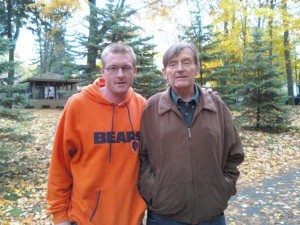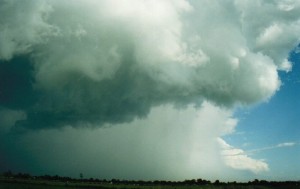Last year on this date, Nate spoke the words, “I’m afraid.”
We didn’t realize he was only four days from his death, although all of us knew the cancer would claim his life in the not-too-distant future. Nate knew it, too, but he was still walking, talking and clinging to the semblance of a routine at our house. Forty-eight hours from that day he would climb into bed for the last time, but none of us thought we were that close.
My calendar says Nate took his daily walk down our quiet lane that day along with several of us and his cane, but none of us knew it would be his last outing. By the following day he could no longer support himself on his weakened legs without a son on each side, although he kept trying, cause for great concern among the rest if us.
It was late afternoon when Nate whispered to me in a raspy voice that he was afraid. He said it twice. I thought the reality of death approaching was what had put fear in his heart, but he said no, it was fear of the pain. He’d been in severe pain for so long, particularly those last few days, that he knew he couldn’t handle an increase.
At that point we both realized he needed better pain meds. Hospice nurses responded with morphine, and Nate’s body responded with relief. It was a relief for all of us. Earlier in the day, Nelson had told his father, “You know I’d do anything for you, Papa.” We all felt that way. The sad truth was we were out of options. Radiation had done what it could, and chemo wasn’t even on the table. A team of learned doctors had concluded their treatment, and Nate’s life would soon end. The only task left was to manage what seemed like pain run rampant, and the Hospice nurses said they would do that.
Death will come to 100% of us, and it will most likely be preceded by pain. We may not all suffer from cancer and may have less or more than 42 days of warning, but in the end, we’ll all die a physical death. Many of us worry about what that might be: an accident? a disease? an infection? These are question marks without answers until we get there.
Nate needn’t have worried. He had one more difficult day, after which the morphine overwhelmed his pain completely and brought peaceful sleep. But what about the rest of us? Our question marks remain, a test for how thoroughly we can trust God to set it up just right for us.
For now, though, it’s better that we not know.
“God shall wipe away all tears…. and there shall be no more…. pain.” (Revelation 21:4)



